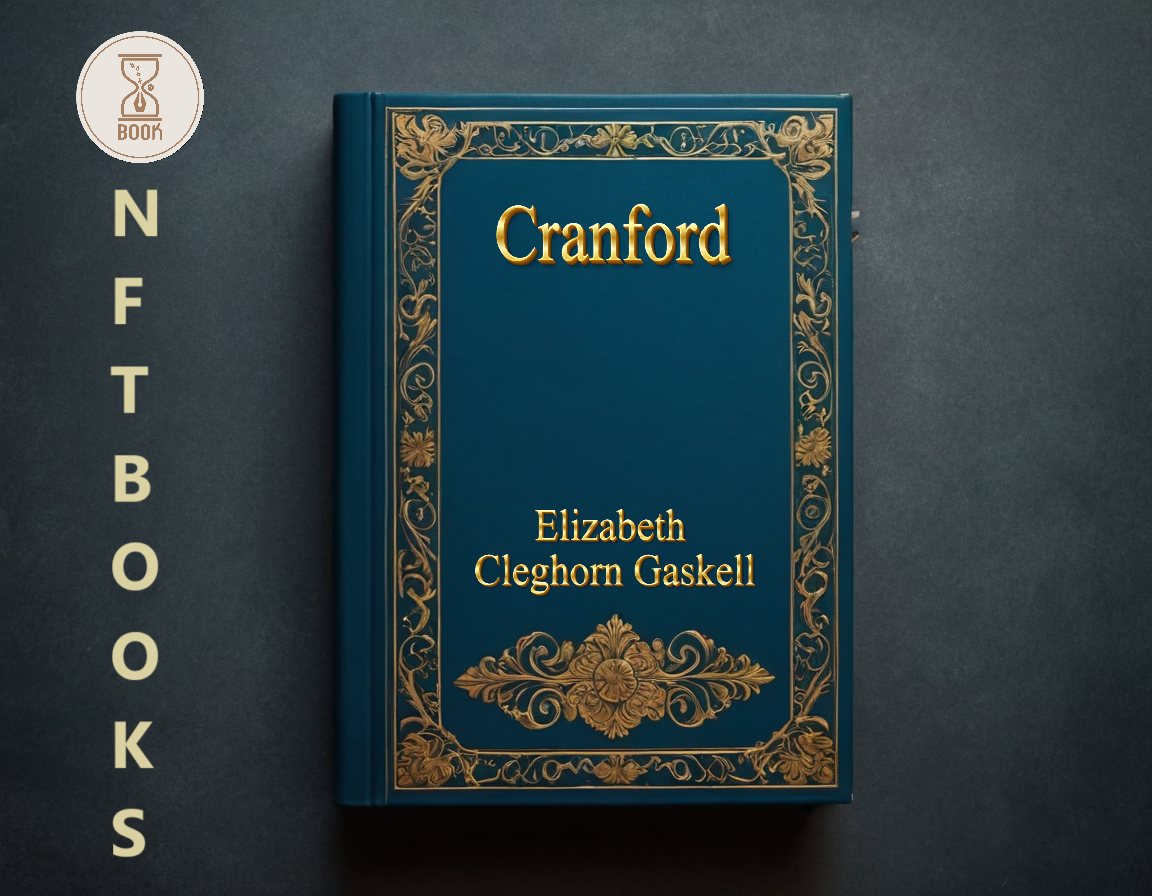The Adventures of Ferdinand Count Fathom by T. Smollett is a classic novel that invites readers into a world of intrigue, deception, and moral complexity. Written in the mid-18th century, this novel follows the life of Ferdinand Count Fathom, a character whose charm is matched only by his unscrupulousness. Smollett, known for his keen observations of human nature, uses Ferdinand’s journey to explore themes of ambition, vice, and the consequences of living a life driven by self-interest.

Plot Overview and Character Analysis
The Adventures of Ferdinand Count Fathom begins with the protagonist’s early life, marked by his mother’s corruption and cunning. Born to a woman who manipulates and schemes her way through life, Ferdinand quickly learns to navigate the world with similar ruthlessness. The novel follows him as he grows from a cunning youth into a seasoned con artist, adept at exploiting the weaknesses of those around him.
Ferdinand’s character is central to the novel’s appeal. Smollett paints him as a complex anti-hero, whose intelligence and resourcefulness make him a fascinating study in moral ambiguity. Unlike many protagonists of the time, Ferdinand is not motivated by love, honor, or duty, but by a relentless pursuit of personal gain. His adventures take him across Europe, where he engages in various schemes, from duping the wealthy to seducing the unsuspecting. Each of these escapades further reveals the depths of his moral corruption, making The Adventures of Ferdinand Count Fathom a compelling exploration of human vice.
Writing Style and Thematic Elements in Cranford
One of the prominent themes in The Adventures of Ferdinand Count Fathom is the corrupting influence of ambition. Ferdinand’s unyielding desire for wealth and power leads him down a path of moral decay. This illustrates how unchecked ambition can consume a person’s humanity. Smollett uses Ferdinand’s story to critique the social and moral values of the time. He suggests that the pursuit of success at any cost can ultimately lead to one’s downfall.
Another key theme is the nature of deception. Throughout the novel, Ferdinand’s life unfolds as a series of lies and false identities. He constantly reinvents himself, shedding one persona for another as he moves between schemes. This theme is closely tied to the novel’s exploration of identity and self-perception. Ferdinand’s ever-changing facades highlight the fragility of personal integrity. The story also delves into the consequences of a life devoid of genuine relationships. Ferdinand’s manipulative nature isolates him from true connections. In the end, he is left vulnerable when his schemes unravel. This aspect makes the novel a cautionary tale about the dangers of a life driven solely by self-interest.
Reception and Lasting Impact
Upon its publication, The Adventures of Ferdinand Count Fathom received mixed reviews. Some contemporary critics praised Smollett’s sharp wit and keen social commentary. However, others found the novel’s dark themes and morally ambiguous protagonist unsettling. Over time, though, the novel has come to be regarded as a significant work in Smollett’s oeuvre. It stands as an important example of the 18th-century picaresque novel.
In modern times, both readers and scholars appreciate the book for its complex character development and portrayal of human vice. The novel’s exploration of moral ambiguity and the consequences of unchecked ambition still resonates today. This makes it a timeless piece of literature. For those interested in the evolution of the novel as a literary form, it offers valuable insights. The book showcases themes and narrative techniques that were emerging during the 18th century, providing a window into the literary world of that era.
You might be interested in reading The Three Musketeers by Alexandre Dumas as well.
More Book Reviews on NFTBOOKS platform is HERE.







